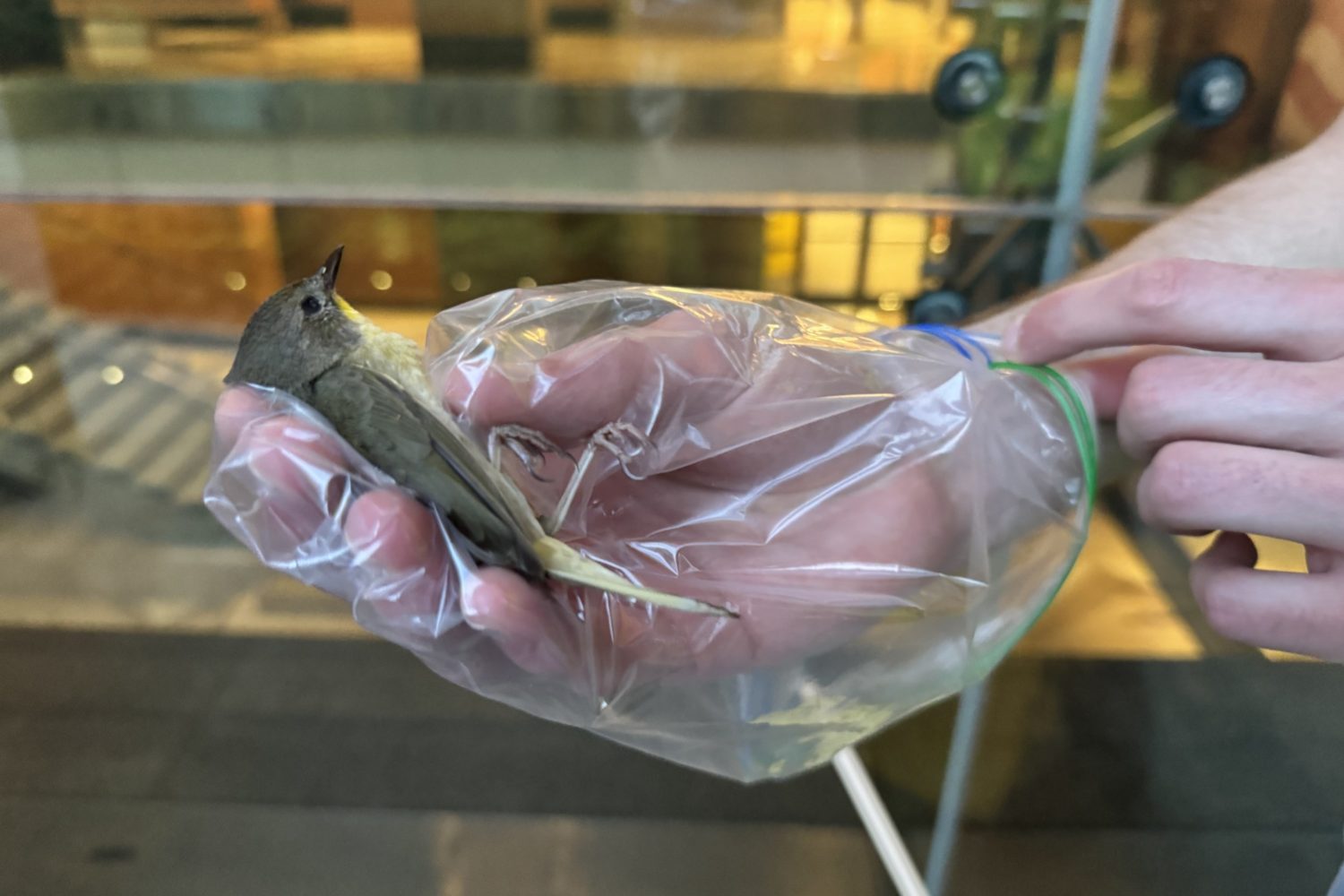This article is from 2006's Pet Guide package. The information may be out-of-date, so please call locations listed for new information.
To see the new Pet Guide from 2008, click here.
Connie Gartner was devastated when Chauncey, her seven-year-old Maine coon cat, was diagnosed with cancer of the thymus gland. There was hope: An oncologist at Veterinary Referral Center in Springfield could remove the tumor.
For six weeks after the surgery, Gartner, who lives in DC, took her cat each weekday to VRC for radiation. "The prognosis is good, or I wouldn't have put him through these treatments," she says.
The cost? About $12,000.
A decade ago, if a dog broke a leg or a cat had cancer, a general vet usually treated it, and the cost either was under $1,000 or the animaldidn't come back home. Now more vets are specialists–orthopedists, allergists, cardiologists–offering more options for ailing animals.
"The technology is now out there to do some pretty amazing things," says Dr. Leslie Taylor of the Canal Clinic in Potomac. "But along with that comes the cost." In a 2003 article, Consumer Reports found that the average vet bill about tripled between 1991 and 2001.
Gartner was in luck: Two years before, she had decided to pay $250 a year to Veterinary Pet Insurance for a policy she hopes will cover all but $3,000 of her bills. A U.S. Market for Pet Insurance study found that fewer than 1 percent of Americans have pet insurance.
Oxon Hill's Jean Mathis didn't worry about cost when Beauty, her four-year-old German shepherd, needed a hip replaced. Some $4,000 later, out of Mathis's pocket, Beauty no longer limps.
Although Jaime Gonzalez's vet could have operated on Winnie, his chocolate Lab, to stop internal bleeding, Gonzalez knew he had to put the dog down. It wasn't the money: Winnie had cancer, and surgery would prolong life only a little.
"One of the things you have to ask yourself, are you doing this for the dog or for yourself?" says Gonzalez, of Germantown. "You have to look at the dog's quality of life. These are tough questions."

















